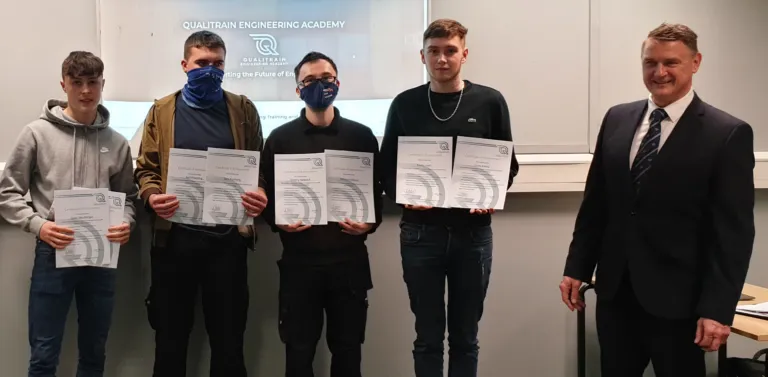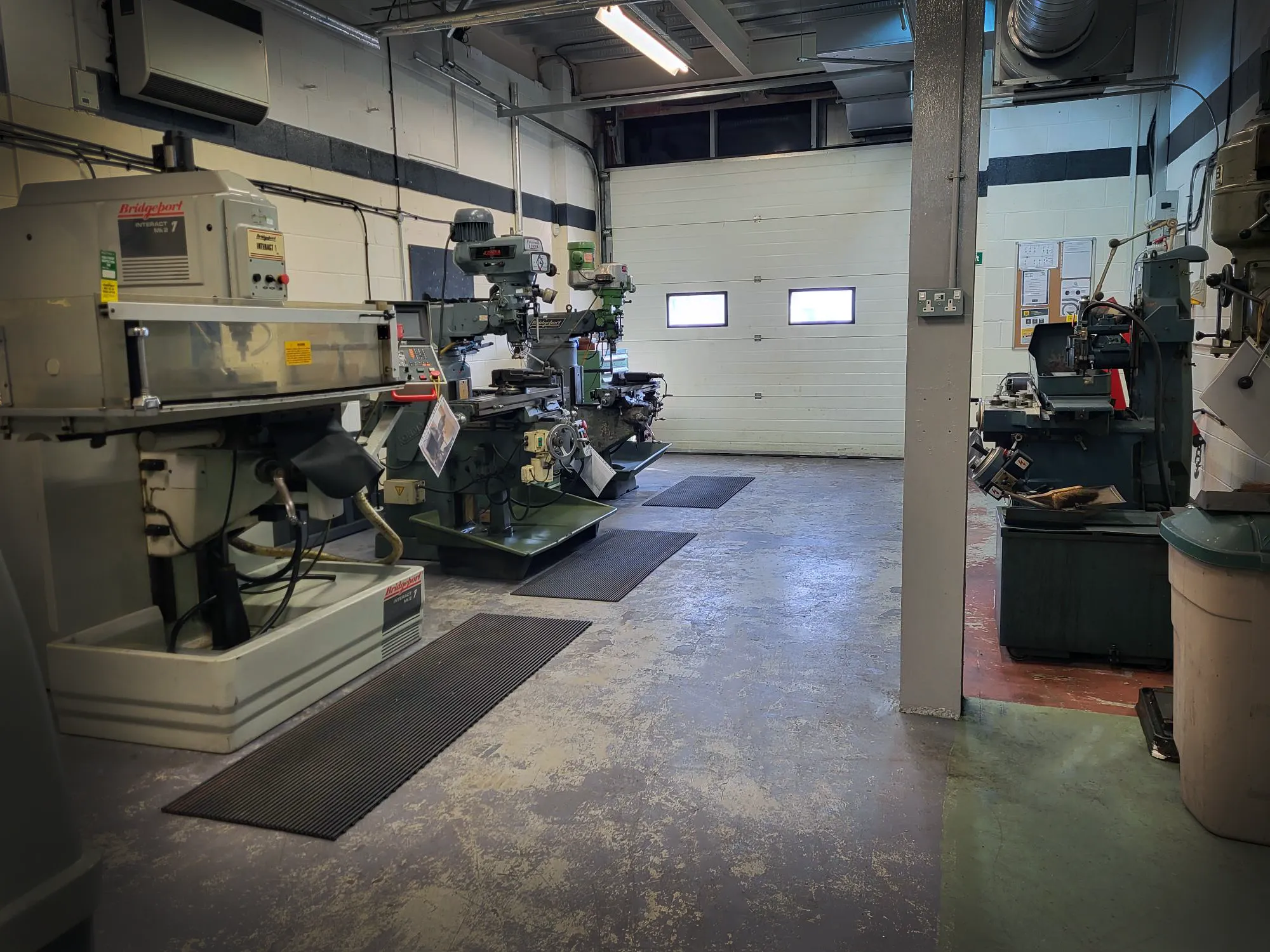Share this
Previous story
← Certificate Presentation for Tunnelling Apprentices
Next story
How to get into Engineering →
It’s no secret that the UK is facing a shortage of engineers. But what is less understood is how this shortage is affecting employers across the country.
The UK economy is slowing down. In the past, it has been able to grow by increasing productivity and output, but that’s not happening any more. One reason for this could be that there aren’t enough engineers in the country.
Engineers are needed not only to create new products and services but also to improve existing ones and develop new technologies that will help us solve problems in different ways – such as climate change or healthcare challenges such as ageing populations (which also affects productivity).
According to the Institution of Civil Engineers, there will be an estimated gap of 600,000 workers by 2025. This means that there are currently more jobs than there are people to fill them. The UK economy is being held back by this lack of skills and we need to be more proactive about training engineers if we want our country’s productivity to improve.
Did you know that only 9% of young people study engineering at school? From that 9%, only 0.4% then go on to study an engineering-related degree at university. This is below the EU average of 16%, but is still not too bad considering that the UK has one of the lowest percentages of people who are employed in STEM careers across Europe (at just 6%).
When it comes to the skills gap, there are a number of factors that contribute. One is the changing nature of engineering as a profession. Engineering used to be seen as a male-dominated field and many people who wanted to study it felt discouraged from doing so because of this perception. But today there are more women than ever before entering the industry, with some employers reporting skills gaps as large as 50%.
While this change in demographic is welcome news for anyone who wants more diversity in STEM (science, technology, engineering and mathematics) fields and workplaces generally speaking, it also means that employers need new strategies for recruiting qualified candidates. If they don’t adapt fast enough they may find themselves unable to fill vacancies quickly enough or at all-which can lead directly into another problem: lost revenue!
We also know that employers are frustrated by the lack of skilled candidates coming through their doors. They need to be able to recruit the best talent, retain their best talent and train their staff so that they can attract new talent.
We believe that the UK needs to do more to encourage young people into engineering, especially females. It’s vital that we address this shortage so that we can continue to thrive as a nation.
Find out more about the Apprenticeships we can offer your organisation here:
These Related Stories



No Comments Yet
Let us know what you think